Question: Describe the appropriate steps to take in evaluating diplopia in the emergency department.
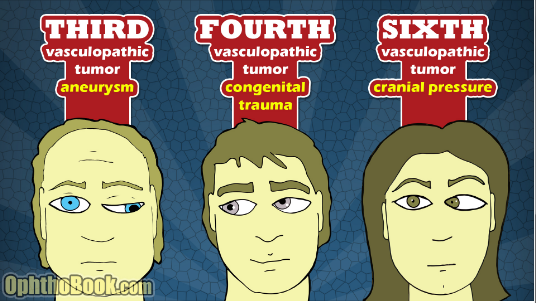
Question: Describe the appropriate steps to take in evaluating diplopia in the emergency department.

Questions:
Question: Describe the appropriate steps to take in evaluating visual field loss in the emergency department.
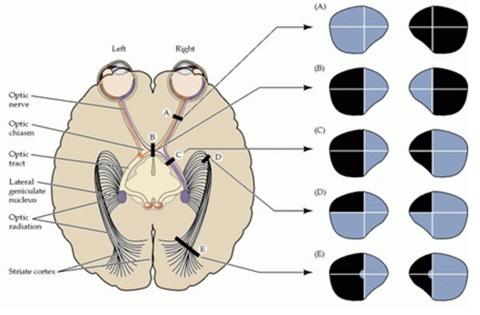 4
4
Question: Describe the appropriate steps to take in evaluating sustained monocular vision loss in the emergency department.
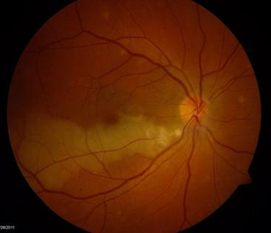 6
6
Question: Describe the appropriate steps to take in evaluating binocular transient vision loss (BTVL) in the emergency department.
Question: Describe the appropriate steps to take in evaluating monocular transient vision loss (TVL) in the emergency department.
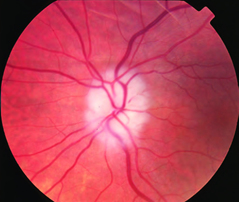

Question: Identify 7 symptoms or examination findings that are often associated with pathology that require immediate assessment to enable potential life and/or vision saving emergent therapy?
![]()
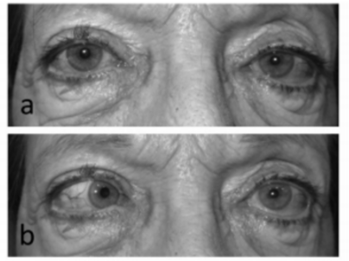
a. Primary position b. Left gaze 1
Question: Where is the lesion likely to be located?
1. Brain stem
2. Spinal cord
3. Left cavernous sinus
4. Left superior orbital fissure
5. Left orbit